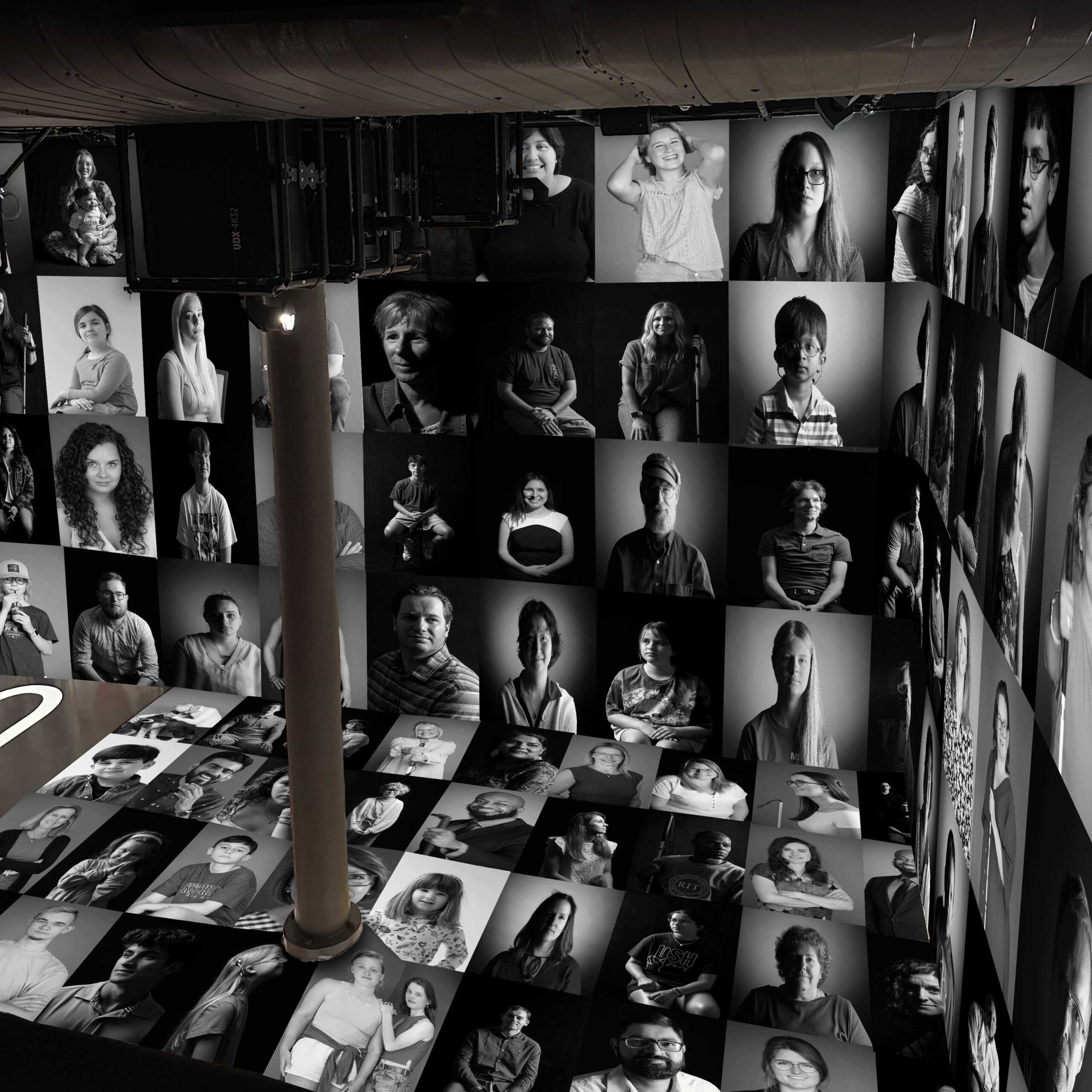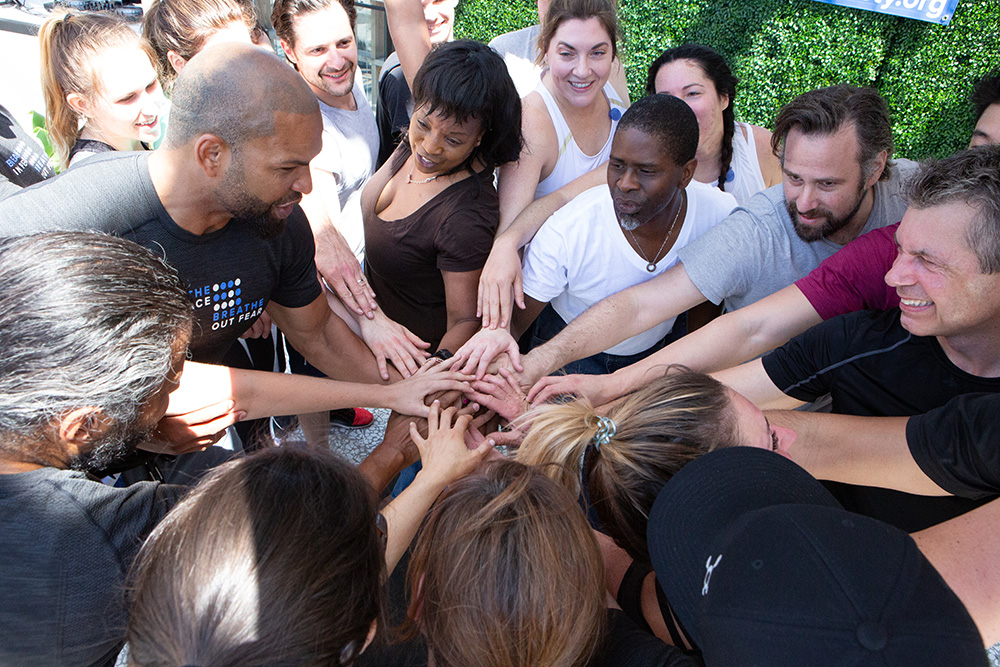News Events + Blog
Stay informed, inspired, and connected
Check out our upcoming events, see the latest research updates, or support a personal fundraiser for a member of the Usher Syndrome community!
Past Event
USH X URBAN WILD
Tuesday, December 2, 2025
The Annual Sight, Sound, & Strength Boston Fundraiser was held at Urban Wild on Tuesday, December 2nd in honor of Giving Tuesday. Urban Wild is a restaurant, beer garden, live music venue, bowling alley, and outdoor game space located in Charlestown, MA.
$200,000+
Raised for USH Research
250+
Participants & volunteers


Past events
See Us, Hear Us: An Immersive Exhibition
Thursday, October 23, 2025
On the evening of Thursday, October 23rd, The Usher Syndrome Society hosted See Us, Hear Us at ARTECHOUSE NYC, sharing over a decade of photography, films, and stories.

Contact Us
Join our community! We welcome you to reach out
To set up a personal fundraising page, volunteer, or host an event please contact us at:
